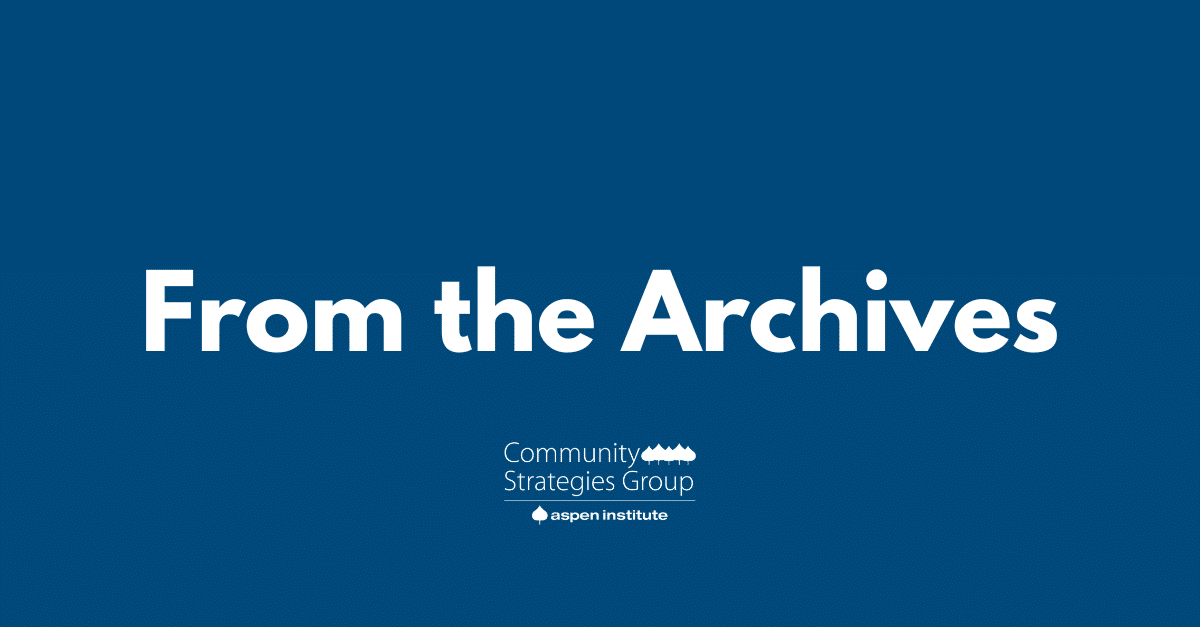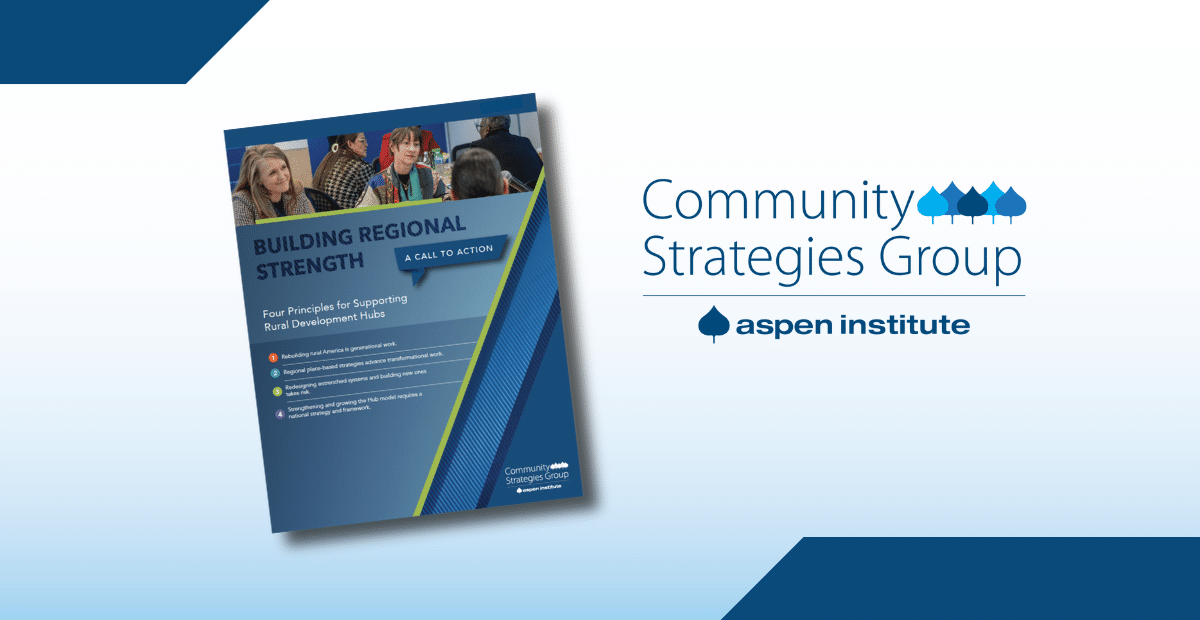View this Publication
Cynthia M. Duncan’s paper, “GAPS IN OUR UNDERSTANDING OF RURAL COMMUNITIES,” discusses the need for better data and analysis to inform rural policy. She highlights four key areas:
- Better Designation of Rural Areas: Duncan emphasizes the need to differentiate between rural areas close to metropolitan centers and remote rural areas, as their economic circumstances and policy needs differ significantly.
- Measures and Studies of Income and Work Distribution: She argues for more timely and detailed information on how work and income are distributed in various rural and urban settings, particularly noting the skewed distribution of resources and power in chronically poor rural areas.
- Longitudinal Studies: Duncan stresses the importance of longitudinal data to understand how poverty and marginal work in rural areas persist and change over time, and to distinguish between temporary and persistent poverty.
- Qualitative Studies: Finally, she advocates for qualitative and ethnographic studies to provide deeper insights into the social fabric, political institutions, and underlying causes of poverty in rural communities.
The paper concludes by highlighting the work of the Aspen Institute’s Rural Economic Policy Program in supporting research in these areas, including collaborations on longitudinal and qualitative studies, to provide policymakers with a more comprehensive knowledge base about rural conditions.








